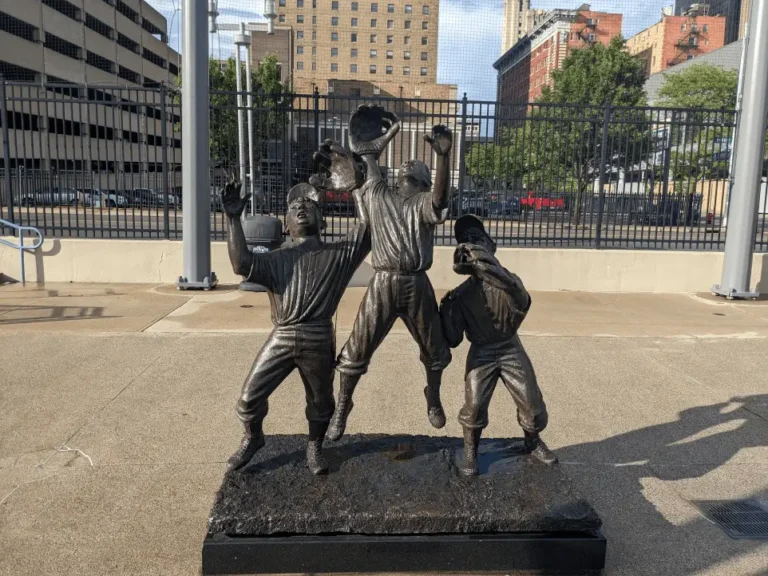I have heard all the negative things about events. Some of the criticism is valid but not all the fault lies with the event A lot of the blame belongs to the people who failed to effectively plan, deliver, execute the appropriate follow up, and demonstrate the positive results of the event to their audience and organization.
Some people just genuinely do not like live events. They have other commitments or simply just don’t like doing things live or in person. Add in the physical risk and expense of travel or the loss of time at work and now you’re starting to see what a big challenge events can be for pretty much everyone.
For me, though, live events are a critical touchpoint for organizations trying to deliver timely and meaningful engagement. Participating in live events with others sparks connections that can build into a community. Being part of and contributing to something bigger than oneself is both aspirational and fulfilling. Creating and delivering quality experiences for an audience should be both satisfying for your people and rewarding for your organization.
The Joy of Planning Events
Planning events can be fun, especially when you have the right budget to bring your vision to life. Organizers are thinking about all the great things they want to share with their audience and how they can highlight exciting innovation and successful partner or customer efforts. Every planning group I’ve been part of has emphasized the importance of delivering quality experiences for attendees. This shared goal not only brought the team together but also guided every decision we made—right after we checked the budget, of course.
The Foundational Role of Codes of Conduct
Codes of Conduct are essential for communicating expectations and ensuring everyone has a positive experience. Establishing a social contract for your event allows attendees to choose to adhere and enjoy or opt-out. By attending, you’ve found a loose community willing to share space, ideas, resources, and time together. Sometimes that is enough to start forming a tighter bond and relationship between attendees and the organization as well as among attendees.
The Impact of Shared Experiences
Shared experiences at live events can influence people in profound ways, both positively and negatively. I once learned a significant lesson about my own biases at a professional event. A woman I offended chose to educate me rather than seek punitive action. Her generosity in sharing her lived experience and accepting my apology reminded me to always approach others with openness and positive attention. A conversation, in person or in a chat window, can deliver so much more than just information. It can bring two or more people together in search of a solution to a shared problem.
The Value of Specialized Professionals
Working with event professionals to design, build, and support your event is crucial, regardless of the delivery platform—be it in-person, hybrid, or digital-only. These experts help to ensure your organization delivers a quality experience that is appealing, useful, and supports your core messages. Planned interactions, spontaneous engagement, and self-serve options can all be facilitated by the right team. Plus, these professionals are part of a super cool international network of talented individuals and organizations. 😎
Accessibility as an Opportunity
Accessibility should be viewed as an opportunity to enhance your event’s quality. Ensuring that the widest possible audience can easily access your event, regardless of platform, is essential. Considering the needs of attendees with disabilities and those facing economic or infrastructure challenges can lead to a better overall experience for everyone. To be accessible is to actively promote diversity and inclusion. It is the best way to live up to your own code of conduct and lead your audience by example to their best possible event experience.
Going live in 3, 2, 1…
Participating in or delivering a live event creates numerous opportunities for connection and shared experiences that help build diverse and inclusive communities. They are a significant commitment of time and resources, so you had better be clear on what you want out of them and what you want your audience to experience and take away with them.
What are your biggest challenges with live events? I hear budget a lot but I think that is more of a problem about demonstrating return on investment.
What do you think makes a great live event experience? Let me know in the comments and share your best practices for producing live events.

Comments